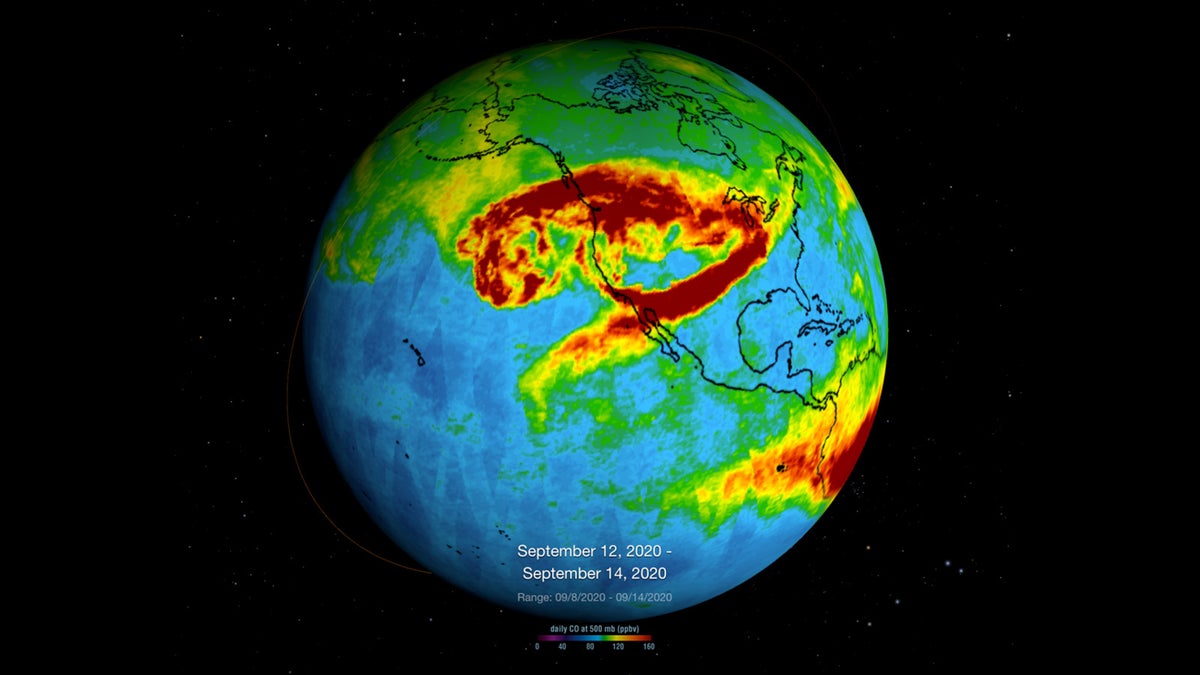
"People have come to rely on them, and now they're going away, said Gavin Schmidt, director of NASA's Goddard Institute for Space Studies."
"Most instruments don't work properly forever, and the satellites themselves are running out of fuel, meaning they're gradually drifting out of their intended orbits."
"Experts say NASA's long-standing focus on innovation, coupled with funding woes, is part of the reason why these crucial instruments lack replacements."
"These measurements have grown increasingly important over the last two decades, as the planet's temperatures have climbed skyward."
The impending failure of NASA's Terra, Aqua, and Aura satellites is concerning for scientists, as they provide critical climate and atmospheric data. Launched between 1999 and 2004, these satellites face fuel depletion and orbit drift, potentially going dark within a year. With some instruments lacking direct replacements, essential long-term datasets, including those on the ozone layer and solar radiation, may be discontinued. This situation raises alarms among climate scientists who've increasingly relied on this data to monitor the planet's response to climate change, particularly given rising global temperatures.
Read at subscriber.politicopro.com
Unable to calculate read time
Collection
[
|
...
]